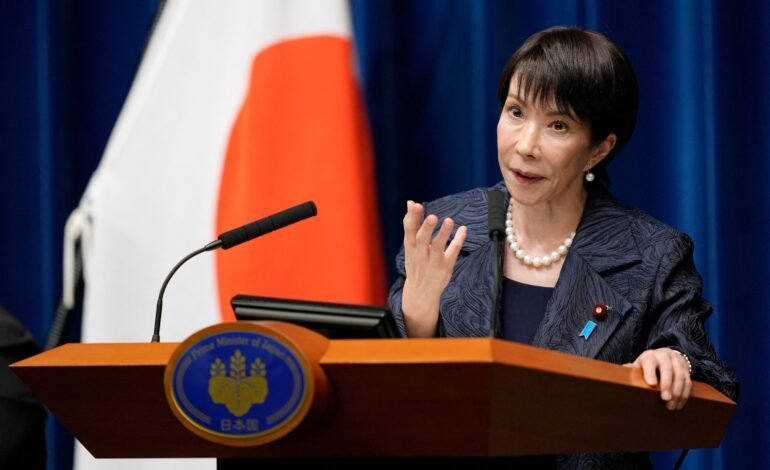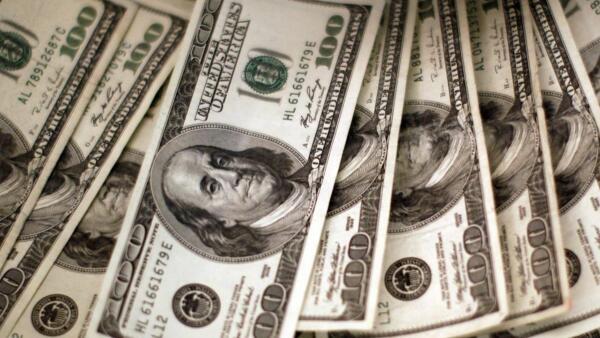
To assist households in combating inflation, Japan’s incoming prime minister, Sanae Takaichi, is drafting an economic stimulus package expected to surpass the $92 billion from the previous year, according to government sources familiar with the proposal on Wednesday.
Takaichi’s dedication to responsible, proactive fiscal policy is demonstrated by the package, which totals more than 13.9 trillion yen ($92.19 billion), her first significant economic initiative since taking office on Tuesday.
The sources, who asked not to be named since the issue is still private, stated that it will be based on three key pillars: national security, investment in growth industries, and measures to combat inflation.
Following the Reuters article on Wednesday, Japan’s benchmark Nikkei recovered losses and rose, while the yen retreated its morning gains and saw no movement. Investors are closely watching Takaichi’s spending plans because Japan has one of the most indebted economies in the world.
The Takaichi government intends to immediately eliminate the temporary gasoline tax rate as one of the main components for reducing inflation. Expanding local government grants is another goal, with an emphasis on helping small and medium-sized businesses that can’t take advantage of the current tax breaks for salary increases.
Also Read:









